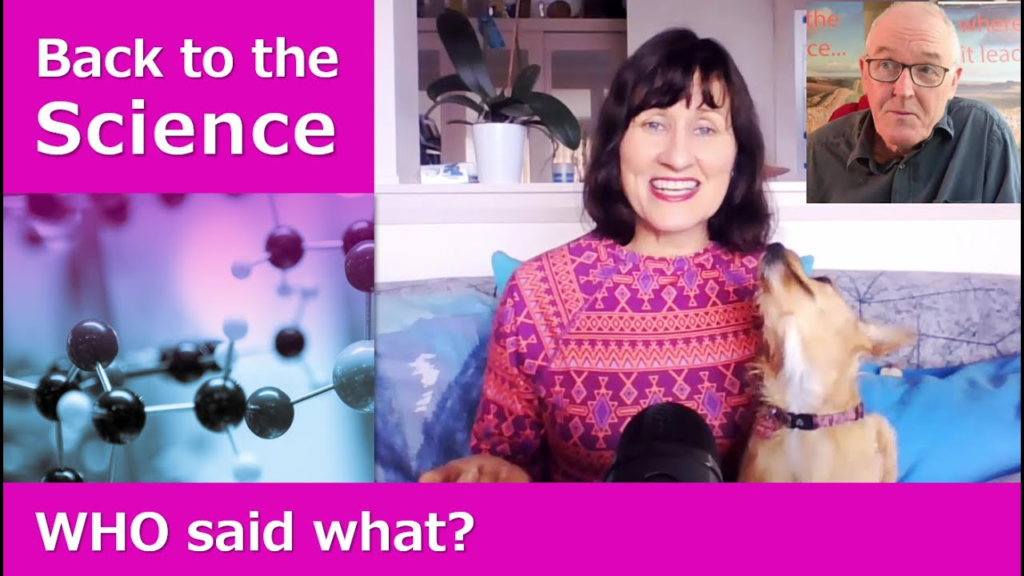
According to the World Health Organization (WHO) the most common non-communicable diseases – including heart disease, stroke, cancer, diabetes, and chronic lung disease – cause 74 percent of global mortality. Non communicable diseases, also known as chronic diseases, are not passed from person to person and deaths attributed to these diseases are increasing in most countries.
Physical inactivity is associated with a range of non-communicable diseases, including cardiovascular diseases, type-2 diabetes, cancers, and mental health outcomes. In their Global Status Report on Physical Activity 2022, the WHO estimated 500 million new cases will occur globally between 2020 and 2030 should physical activity remain at today’s levels, incurring more than £21b a year in treatment costs. Non-communicable diseases, also known as chronic diseases, are not passed from person to person, and deaths attributed to these diseases are increasing in most countries. Natural environments support recreational physical activity, with this new study focusing particularly on places such as beaches and coast, countryside, and open spaces in towns and cities like parks. Using data including a representative cross-sectional survey of the English population, researchers at the University of Exeter have estimated how many cases of six non-communicable diseases – major depressive disorder, type 2 diabetes, ischaemic heart disease, ischaemic stroke, colon cancer, and breast cancer – are prevented through nature-based recreational physical activity.
Speaking about the findings, published in Environment International, Dr James Grellier from the University of Exeter Medical School said: “We believe this is the first time an assessment like this has been conducted on a national scale, and we’ve almost certainly underestimated the true value of nature-based physical activity in terms of disease prevention. Although we have focused on six of the most common non-communicable diseases, several less common diseases can be prevented by physical activity, including other types of cancer and mental ill health. It’s important to note that our estimates represent annual costs. Since chronic diseases can affect people for many years, the overall value of physical activity at preventing each case is certainly much higher.”
Increasing population levels of physical activity is an increasingly important strategic goal for public health institutions globally. The WHO recommends that adults aged 18 to 64 do at least 150 to 300 minutes of moderate-intensity aerobic physical activity (or at least 75 to 150 minutes of vigorous-intensity aerobic physical activity) per week to maintain good health. However, 27.5 per cent of adults do not meet these recommendations globally.
In 2019, 22 million adults in England aged 16 years or older visited natural environments at least once a week. At reported volumes of nature-based physical activity, Exeter researchers estimate this prevented 12,763 cases of non-communicable diseases, creating annual healthcare savings of £108.7m.
Population-representative data from the Monitor of Engagement with the Natural Environment survey were used to estimate the weekly volume of nature-based recreational physical activity by adults in England in 2019. Researchers used epidemiological dose-response data to calculate incident cases of six non-communicable diseases prevented through nature-based physical activity and estimated associated savings using published healthcare costs, informal care, and productivity losses. It’s estimated that the healthcare cost of physical inactivity in England in 2019 is approximately £1b.
Dr James Grellier from the University of Exeter Medical School said: “For people without the access, desire, or confidence to participate in organised sports or fitness activities, nature-based physical activity is a far more widely available and informal option. We believe that our study should motivate decision-makers seeking to increase physical activity in the local population to invest in natural spaces, such as parks, to make it easier for people to be physically active.”



